The B.C. government announced that the province’s speculation and vacancy tax generated $75.2 million in revenue during 2023, highlighting its impact on addressing housing shortages. The majority of revenue came from non-B.C. residents, with exemptions primarily granted for principal residences and tenant-occupied properties.
The province’s speculation and vacancy tax raised $75.2 million in 2023, according to a Wednesday release from B.C.’s Ministry of Finance. Of that amount, $14.5 million came from City of Vancouver properties, including properties owned by B.C. residents, foreign owners, “untaxed worldwide earners” and others who were subject to the tax. The B.C. government said the majority of revenue came from non-B.C. residents. “More than 99 per cent of property owners who live in B.C.
remained exempt from the tax in its sixth year,” the province said in a Dec. 18 release. In Vancouver, the top exemptions claimed were “principal residence” and “occupied by a tenant.” Other possible exemptions relate to properties recently acquired or inherited, those under construction or renovation, or those vacant due to death, separation or divorce. “Principal residences and residences occupied by a tenant remained the top two exemptions claimed by property owners in 2023,” said the government’s release. “This suggests that the tax continues to encourage the use of residences for long-term housing.” The speculation tax is an annual tax based on how owners use residential properties in areas in B.C. most affected by housing shortages. The B.C. government says it has the effect of turning more vacant units into homes, although Canadian citizens who regularly occupy their B.C. properties can be ensnared as well, despite their homes not being “empty.” In the Metro Vancouver Regional District, the tax was imposed on 3,391 non-exempt properties. In the City of Vancouver, there were a total of 679 non-exempt properties and 1,341 non-exempt property owners. The province said its data is accurate as of Oct. 1, 2024 and includes data from owners with declarations as well as owners who have paid the tax without declaring. During the recent provincial election campaign, Premier David Eby said he intended to double the tax if re-electe
Speculation Tax Vacancy Tax Housing Shortages B.C. Government Revenue
Canada Latest News, Canada Headlines
Similar News:You can also read news stories similar to this one that we have collected from other news sources.
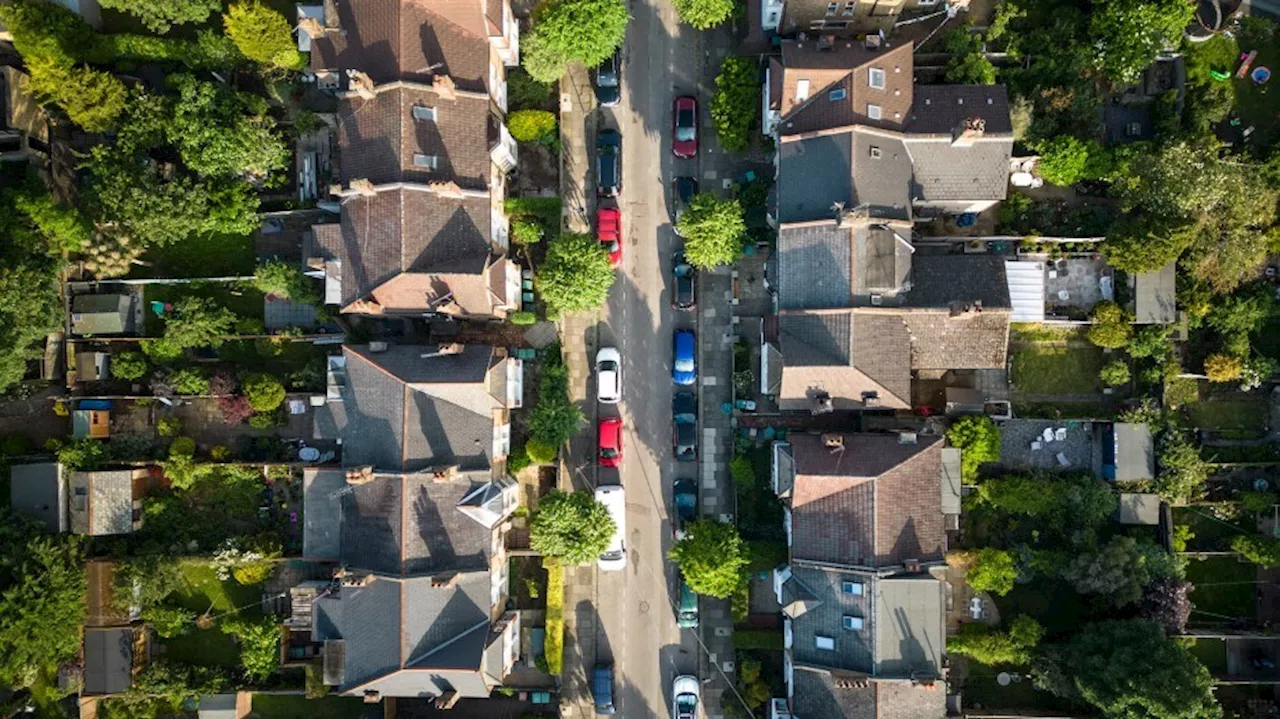 B.C. Speculation Tax Raises $75.2 Million in 2023The B.C. speculation and vacancy tax generated $75.2 million in revenue in 2023, primarily from non-resident property owners. The tax aims to encourage the use of residential properties for long-term housing and address housing shortages.
B.C. Speculation Tax Raises $75.2 Million in 2023The B.C. speculation and vacancy tax generated $75.2 million in revenue in 2023, primarily from non-resident property owners. The tax aims to encourage the use of residential properties for long-term housing and address housing shortages.
Read more »
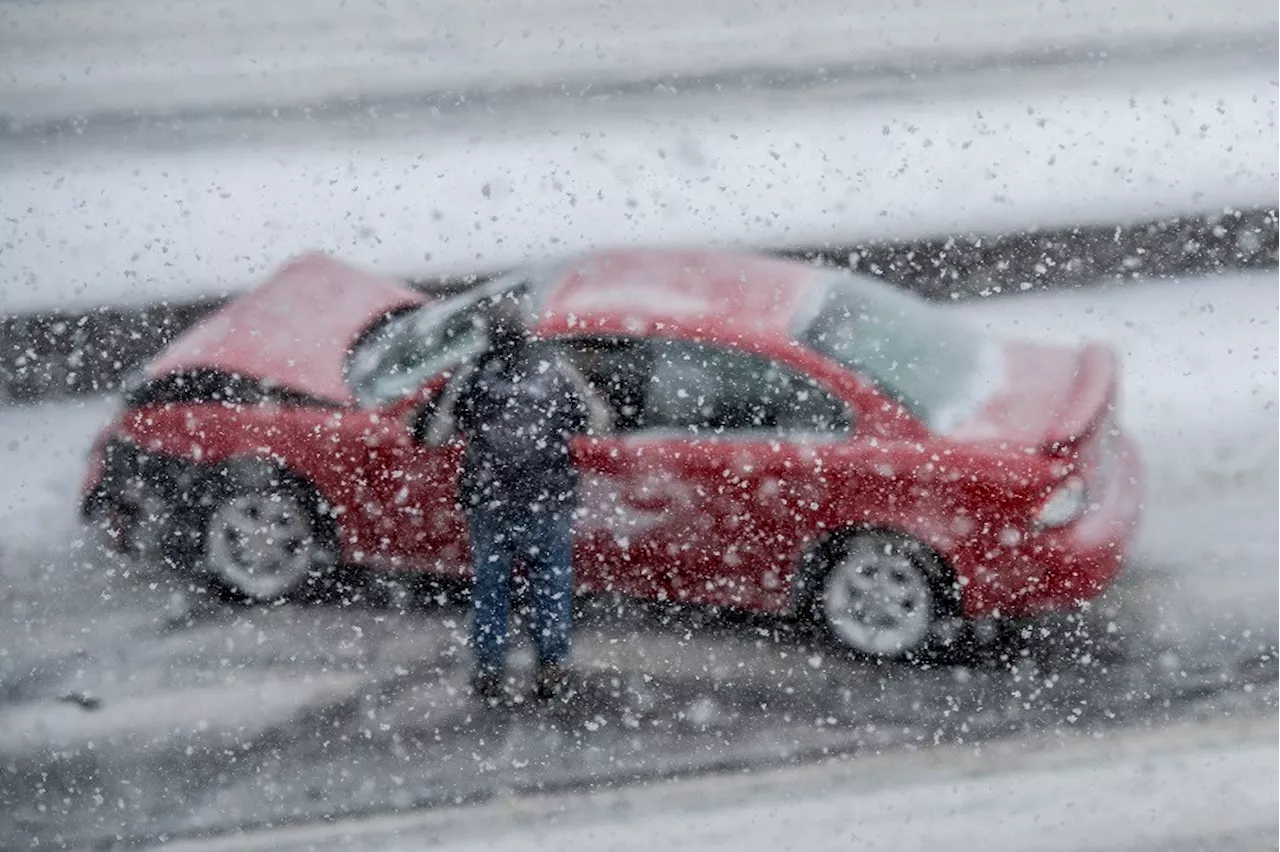 Burnaby recorded one of the highest number of holiday-season crashes in 2023Road Safety at Work is reminding drivers to slow down and drive safely.
Burnaby recorded one of the highest number of holiday-season crashes in 2023Road Safety at Work is reminding drivers to slow down and drive safely.
Read more »
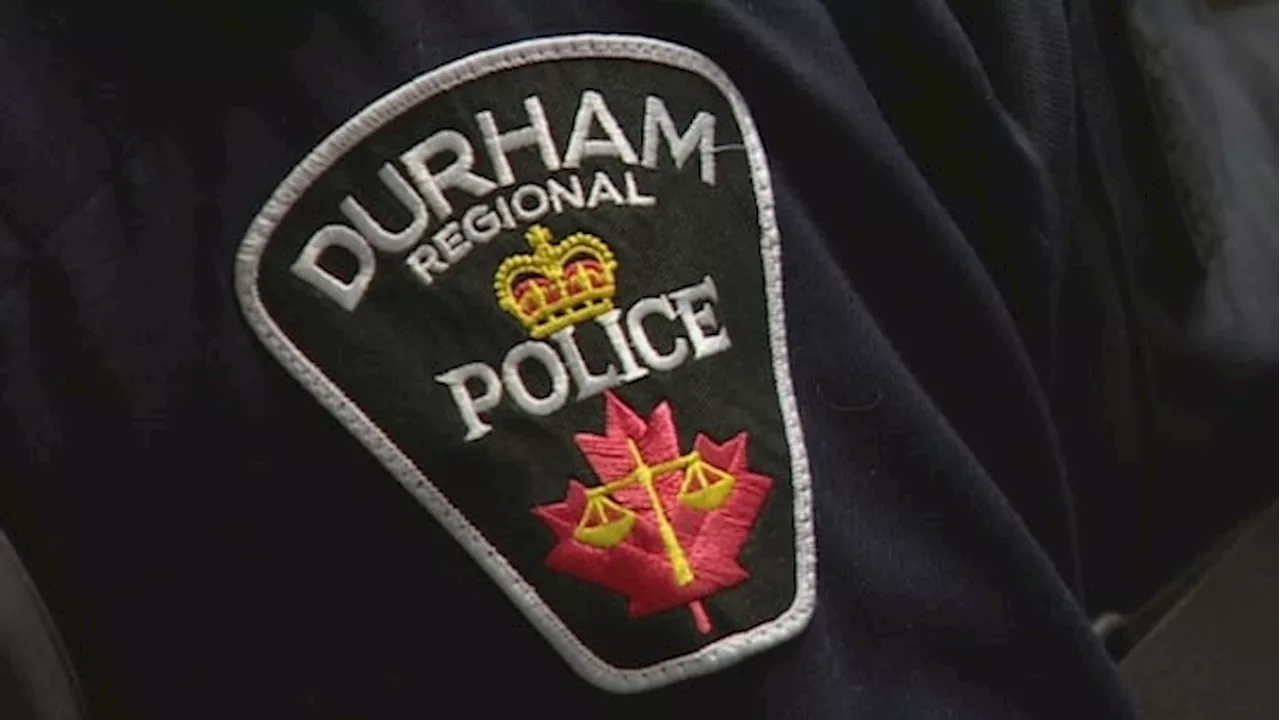 2 employees charged after assisted living resident died from exposure in 2023Durham regional police say a special constable is being charged with assaulting a teenaged prisoner.
2 employees charged after assisted living resident died from exposure in 2023Durham regional police say a special constable is being charged with assaulting a teenaged prisoner.
Read more »
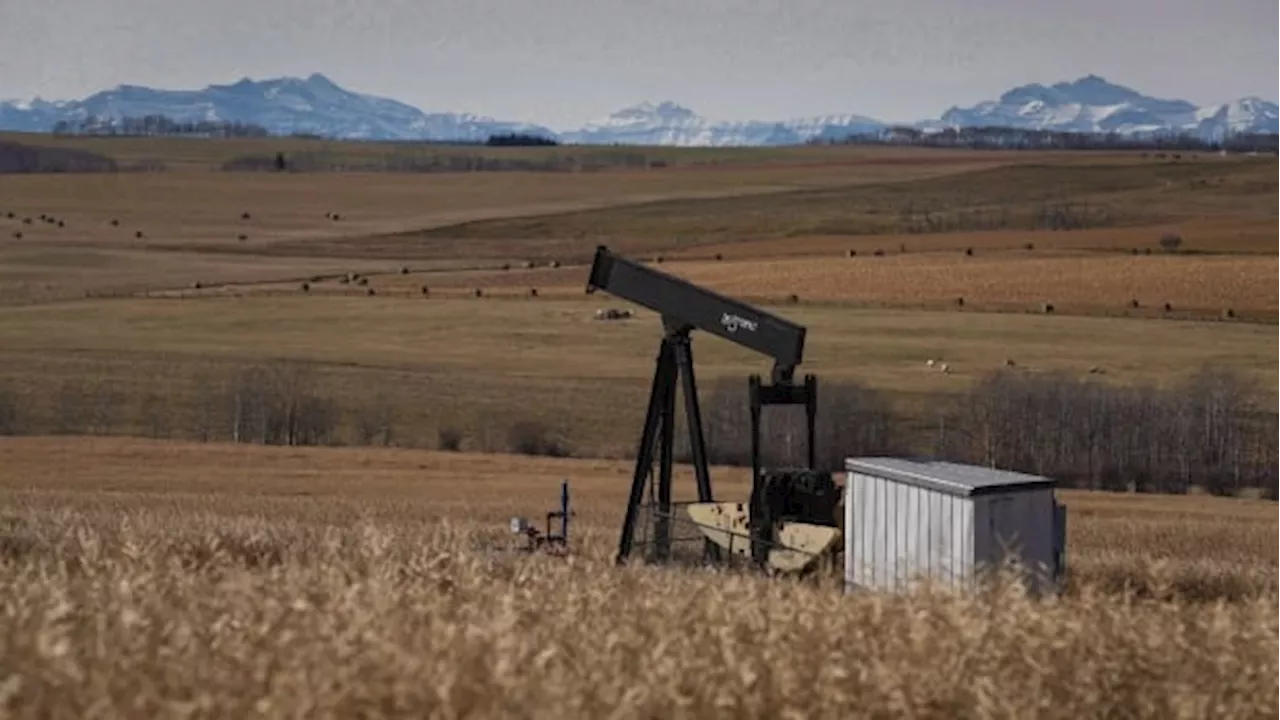 Number of inactive oil and gas wells in Alberta fell 5% in 2023, says reportA de-commissioned pumpjack is shown at a well head on an oil and gas installation near Cremona, Alta., in October 2016.
Number of inactive oil and gas wells in Alberta fell 5% in 2023, says reportA de-commissioned pumpjack is shown at a well head on an oil and gas installation near Cremona, Alta., in October 2016.
Read more »
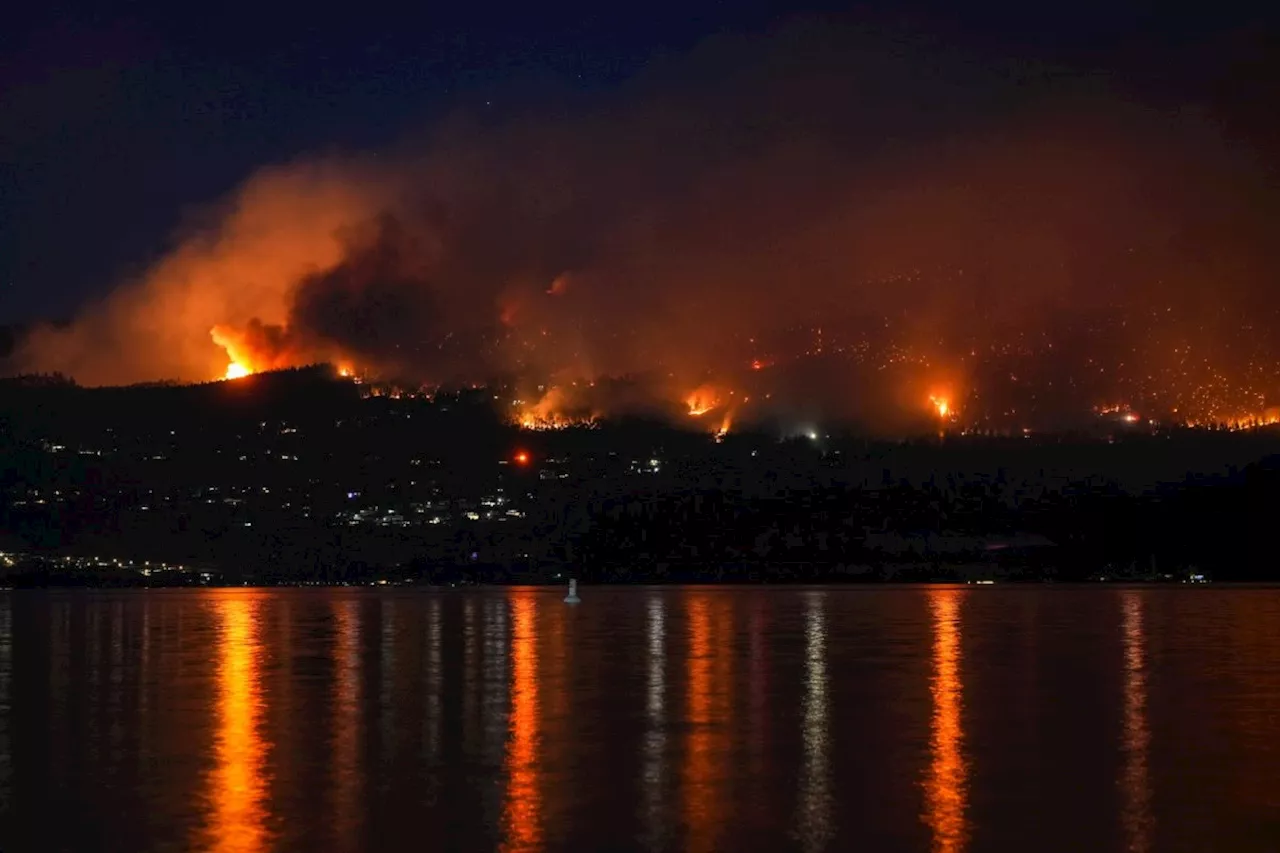 Study of 2023 Okanagan wildfires recommends limiting development in high-risk areasA study into the devastating wildfires that struck British Columbia's Okanagan region in 2023 has recommended that government and industry limit development in high-fire-risk areas.
Study of 2023 Okanagan wildfires recommends limiting development in high-risk areasA study into the devastating wildfires that struck British Columbia's Okanagan region in 2023 has recommended that government and industry limit development in high-fire-risk areas.
Read more »
 Living wage in Guelph and Wellington County up slightly from 2023A new report from the Ontario Living Wage Network suggests residents will need a bump in pay to live in Guelph. The updated living wage in 2024 is $21.30.
Living wage in Guelph and Wellington County up slightly from 2023A new report from the Ontario Living Wage Network suggests residents will need a bump in pay to live in Guelph. The updated living wage in 2024 is $21.30.
Read more »
